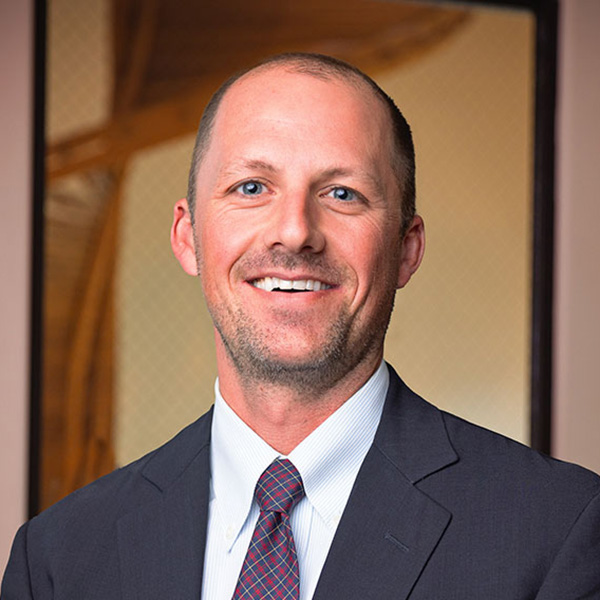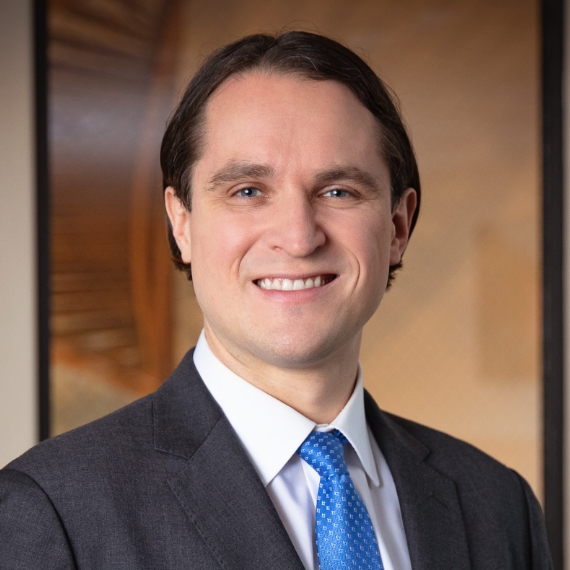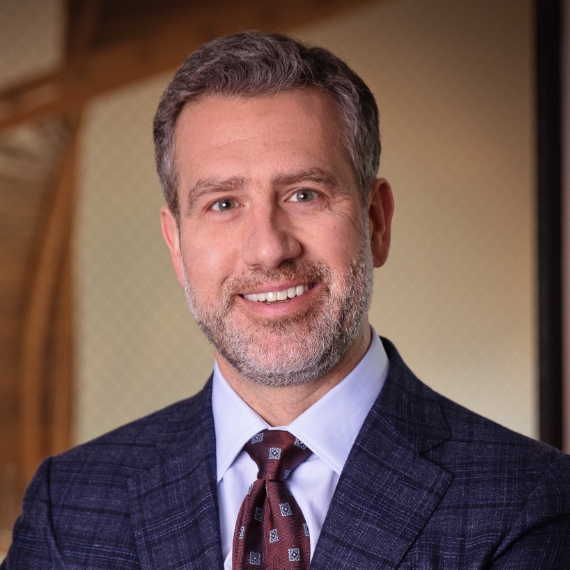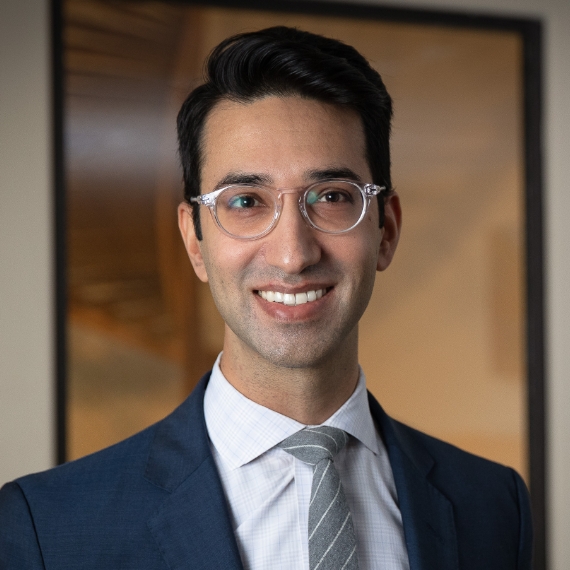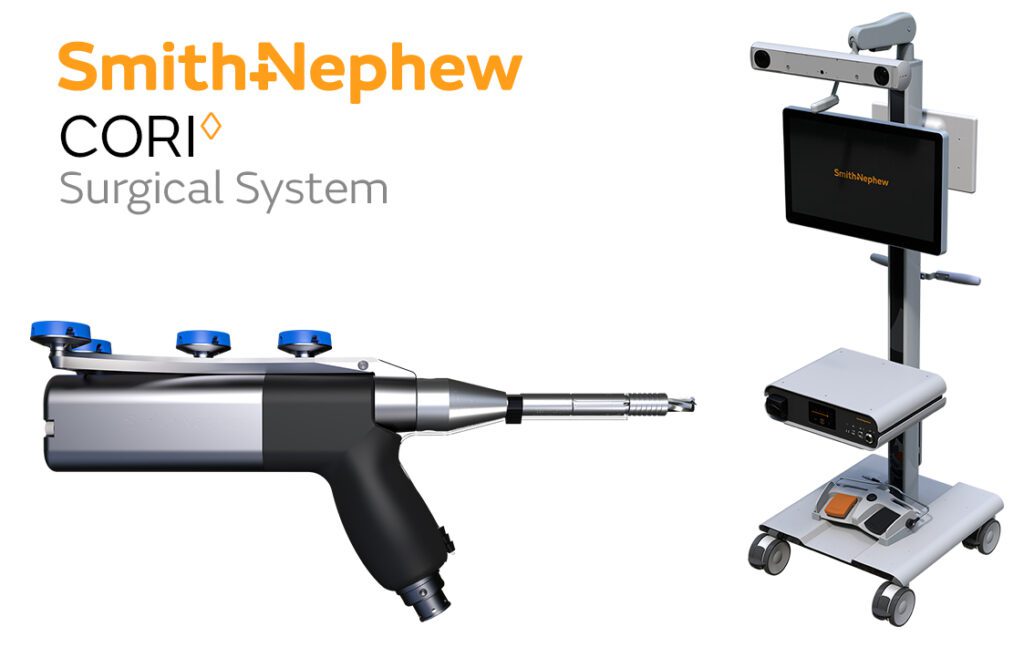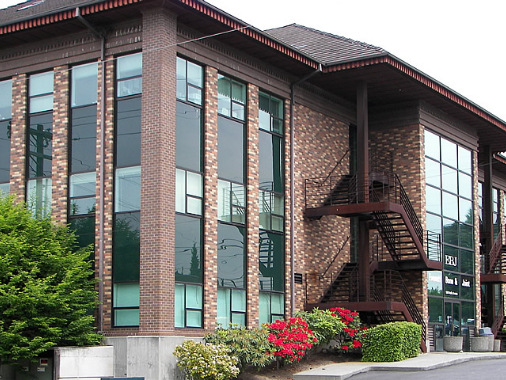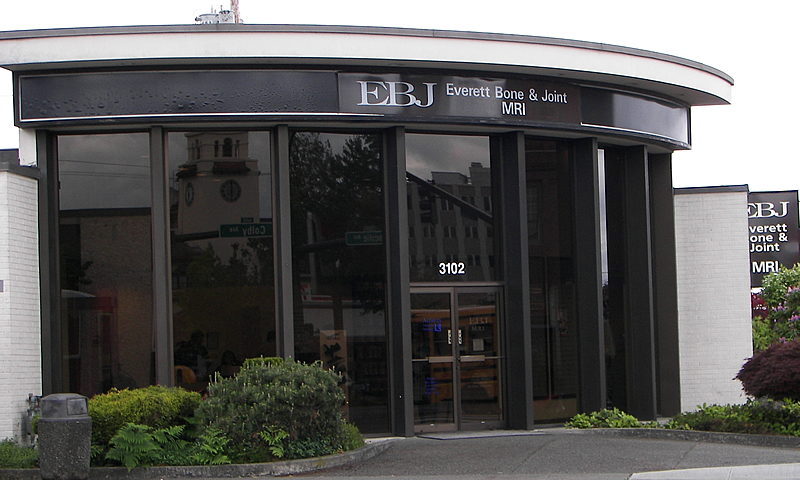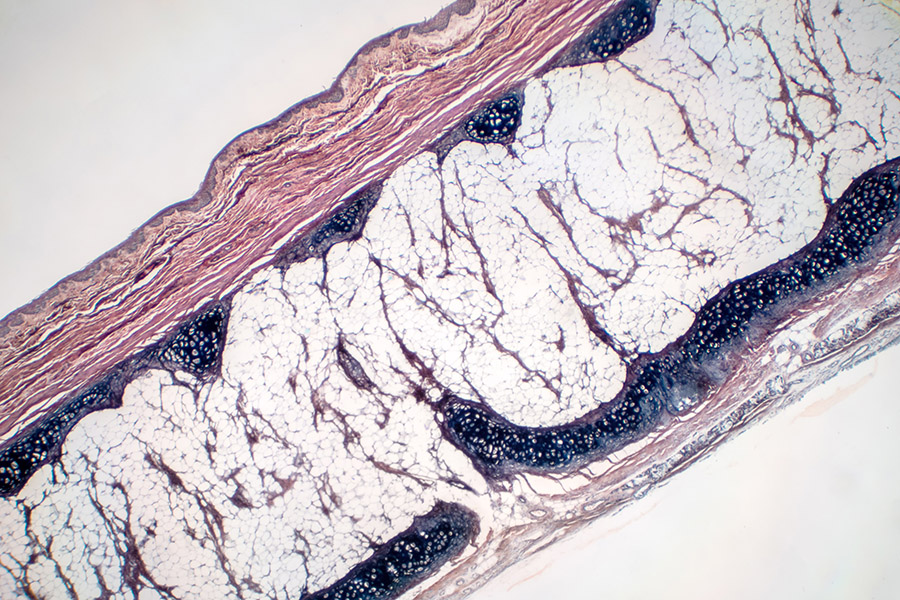

Shoulder Fractures
Shoulder fractures are when any of the three bones in the shoulder joint breaks, usually due to trauma such as from contact sports or a car accident. Recovery can take months, and treatments range from a brace to surgery.
What is a Fractured Shoulder?
When a bone fracture occurs in any of the three bones in the shoulder joint, it is referred to as a shoulder fracture. While not as common as shoulder dislocations or separated shoulders, one type of shoulder fracture is common in teens: clavicle fractures, with humerus fractures being more common in adults older than sixty-five, and scapula fractures being the most rare as it is well protected by muscles in the chest and back.
As there are three bones that make up the shoulder, a fracture in the shoulder is categorized into types based on which bone is fractured:
Types of Shoulder Fractures
- Humerus fracture: the top part of the upper arm bone (humerus) has fractured.
- Scapula fracture: the fracture occurred in the shoulder blade
- Clavicle fracture: the fracture occurred in the collarbone
Symptoms and Causes of Shoulder Fractures
Shoulder fractures are almost exclusively caused by traumas derived from sudden impact to the shoulder with a lot of force. Common causes include:
- Falls
- Sports injuries
- Car accidents
Besides direct hits, osteopenia and osteoporosis increase the risk of a shoulder fracture due to the bone becoming weak.
When a shoulder fractures, symptoms include:
- Swelling
- Bruising or discoloration
- Shoulder pain
- A deformity or bump that’s new
- Inability to move or use the shoulder
A shoulder fracture can leave permanent stiffness in the joint, even after recovery, and increases the risk of developing arthritis in the shoulder that suffered a fracture. While rare, when a fracture occurs in the shoulder it can damage other parts as well:
- Blood vessels
- Nerves
- Tendons
- Ligaments
- Muscles
Diagnosing and Treating a Broken Shoulder
To diagnose a shoulder fracture, a healthcare provider performs a physical exam and orders imaging tests, such as:
- X-ray to confirm any fractures and show the extent of the damage
- MRI to get a complete picture of the damage to the bones and if cartilage or ligaments were damaged as well.
- CT scan to get a more detailed picture of the bones and tissue that surrounds them than what an X-ray can provide.
The doctor will also diagnose the kind of shoulder fracture it is, which is different than the type:
- Displaced or Non-displaced: if pieces of the bone have moved and formed a gap around the fracture, it is displaced. If not, it is non-displaced.
- Open vs. Closed Fracture: if the bone has broken through the skin, it is an open fracture, sometimes called a compound fracture.
How healthcare providers treat shoulder fractures depends on which bone is broken and if other injuries occurred alongside the fracture:
- Immobilization: for mild fractures that are non-displaced, a sling or brace may be the only thing needed. How long the sling or brace is worn depends on the type of fracture that occurred.
- Shoulder Fracture Surgery: Some fractures require surgery, such as if the socket in the scapula, which holds the humerus in place, is fractured. There are two common shoulder fracture surgeries:
The surgeon realigns the bones to their correct position and secures them so they can heal, and grow back together properly via metal plates, screws, or pins. Follow-up surgery is needed to remove them following recovery.
This is a joint replacement surgery that is needed when the fracture has severely damaged the shoulder joint. During the procedure, the damaged joint is removed and replaced with an artificial one.
Shoulder Doctors
- Foot and Ankle Orthopedic Surgery
- Knee Orthopedic Surgery
- Shoulder Orthopedic Surgery
- Sports Medicine
- Knee/Foot/Ankle
- Orthopedic Sports Medicine
- Orthopedic Surgery
- Complex Knee
- Shoulder
- Sports Medicine
Request an Appointment
Resources
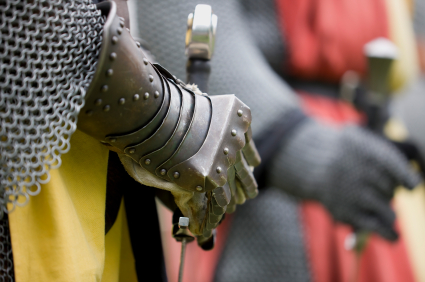


Orthopedic Round Table
Todd Havener, MD and Howard Barker, MD along with retired Proliance Surgeons Everett Bone & Joint doctor Clay Wertheimer, have discussions on knee, hand and shoulder surgeries.

